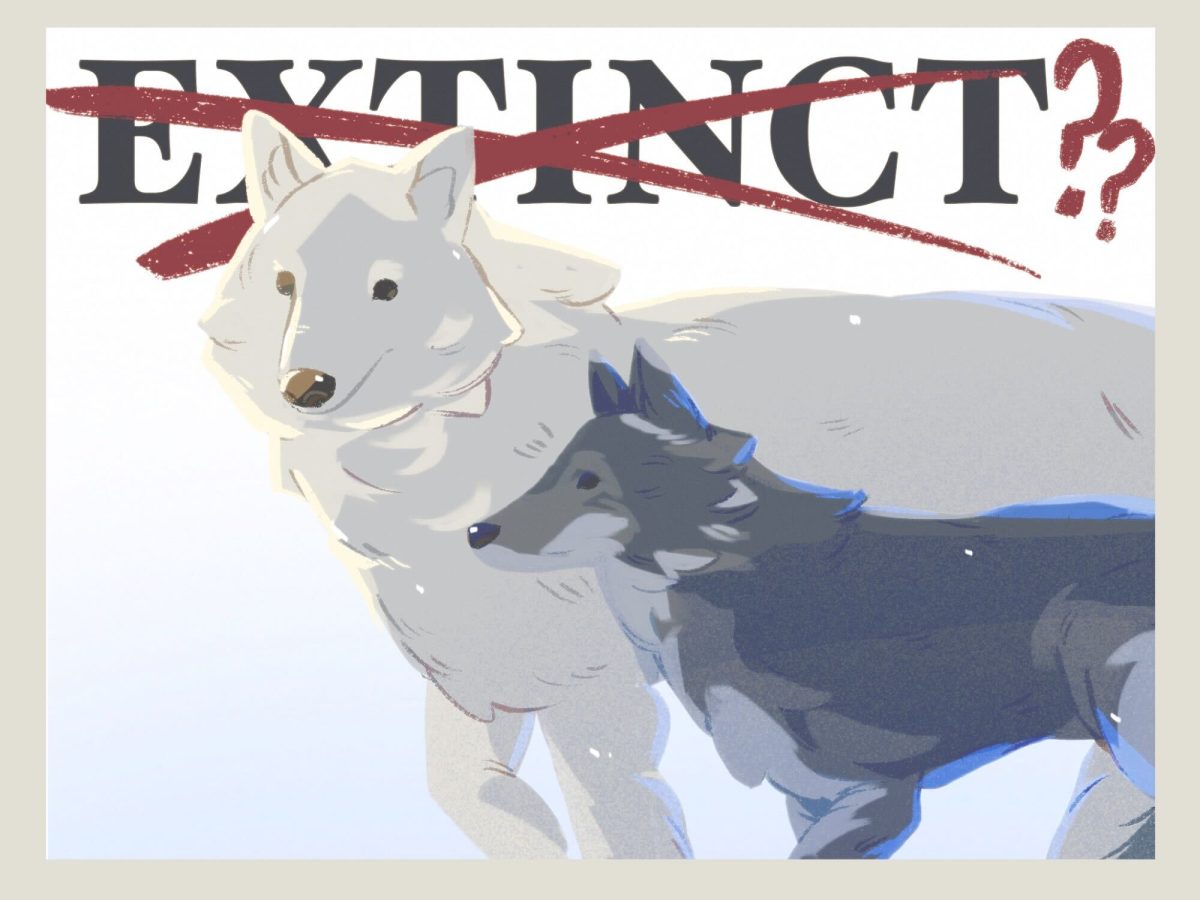You’ve just signed up for a ride that you won’t soon forget, one that will take you through unexplored territories of highly abrupt and disruptive joy. You may laugh, you may cry, you may become short of breath and in the worst-case scenario, you may even die, but if you do survive you will have an understanding of one of life’s most crucial organisms. For this fieldtrip, we’ll need to enlist a very, very old friend of mine: Valerie Felicity Frizzle, or as most of us knew her growing up, Ms. Frizzle (oh, to be born in the 90s). We’ll have to rocket our way past all of those “I don’t get it” jokes, dive head first into the quagmire of “Bad Dad” jokes, and time travel back to a point before the beginning of those “I lost you about five minutes ago” jokes. Doing it all in style, of course: It’s time for a trip on the “Magic School Bus.” “But where are we going?” you might ask. Well class, today, we’re taking a look into the bowels of inside jokes. “Seatbelts everyone!” It’s going to be a funny ride.
Trouse and false: Inside jokes by definition exclude all other people, places and things from their moment of creation. And on some innate level really deep down inside all of us where a record player has Cheap Trick playing on repeat (“I want you to want me”), these “inside” jokes appear as viruses that have by some devilish grace withstood the years of cliques and gossip from high school, much like cockroaches would survive a nuclear war, or men have survived women. While with most influenza ailments I would recommend a quick and painless vaccine taken through the cornea, this particular universal phenomenon kind-of, sort-of, might just define my life, or at the very least define all of my friendships.
Se me olvidó: Despite this fact, I have some friends who think they can’t understand inside jokes or simply forget them too easily, yet even these curious specimens of human beings somehow completely survive on them. These jokes are the witty banter, the flirting or even the ways we say hello, and greatly surround the many relations in our lives.
Junction: Yet, one might ask, “Conjunction junction, what’s your function?” In a large regard, inside jokes are the social cues of life. My ability to reference an obscurely popular and highly educational PBS television show at the beginning of this article or even a single skit on “School House Rock” is a testament to the power of inside jokes. Although this is perhaps a loose definition of the term, it’s important to understand the binding power of these highly defined and exclusive references, bringing generations, cultures and worlds together. Even on a smaller scale, inside jokes are like secrets from a circle of trust that strengthen friendships.
Blue Bird #1: These comical signals can even come to define who people are. And God said, “Let there be nicknames.” I myself am the beneficiary of over 21 different nicknames, each used by a specific person or group of people under particular circumstances. While some are funny and some are annoying, they’ve become a vital part of my life and influence how I respond or even react to people. Just try calling me Dave and you’ll see what I mean.
Chrome: Inevitably, there are also the jokes that haunt you for life. Like the time that you snored in class loud enough that the professor stopped lecture and had everybody “get up and stretch.” “That’s hilarious,” one might add, but the comedy is only born in the afterthought of this shared experience, living through the embarrassment.
Levitation: Inside jokes can come down to the simplest of things from a single word, to facial expressions, or even inflection defining the difference between “alright” and “ALright.” Now, most of you who read that probably said those two words almost exactly the same. But there’s a pair of crazy girls I know who read that and made those two words sound like the difference between purple and green. The only similarity is that they’re both colors on the reading rainbow. And oftentimes, these hysterical situations happen at complete random and form due to chance.
Babs?: And so now you see the challenge of exploring something that’s hardly tangible and for all intent and purposes, doesn’t really exist. We’re exploring the rare unknowns of shared imagination, false-tensing to the maximum capacity. “Inception” just got real.
I could explain it to you, but you probably wouldn’t think it was funny.
David Fontana is a sophomore in the College of Arts and Sciences and a weekly columnist for The Daily Free Press. He can be reached at [email protected].


















































































































